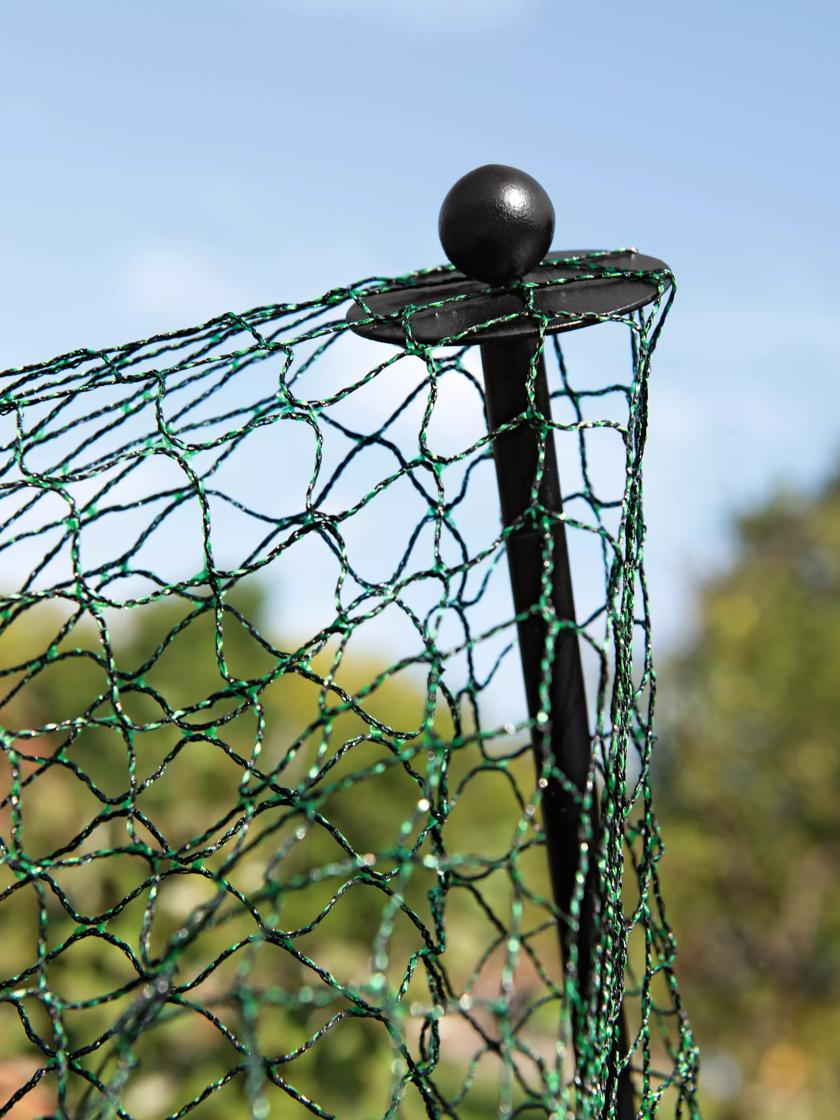SanctuaryHills
Active Member
Good day good folk!
For context I have three young Aldabras in South Florida. They average 6.5" in length and 2lbs.
They are locked in a completely sealed box style enclosure during night time and then moved to a bigger outdoor pen during the daytime after they've had their 30 min soak and then feeding time.
Their 10'x7'x3' daytime enclosure is not only sealed on the sides but also has a metal mesh on top.
Im itching to let them roam on a much larger enclosed area (which would lack the top mesh) to allow them to graze, explore, excersise more etc.. Pretty much the same roaming grounds where I used to keep 9 red foot tortoises which were about 20 years old and a bit larger than 12".
I suppose that at their current size/weight my biggest fear would be predatory birds of which we have just about every type down here.
Other predators include rats, snakes, and MAYBE racoons (I've never seen a racoon here before but it would be unwise to rule them out).
So it seems to me that their only danger would possibly come from the sky?
So here is my question, what size/weight would you consider safe before they don't need the top protection anymore?
The pictures attached are from their current outdoor pen.
For context I have three young Aldabras in South Florida. They average 6.5" in length and 2lbs.
They are locked in a completely sealed box style enclosure during night time and then moved to a bigger outdoor pen during the daytime after they've had their 30 min soak and then feeding time.
Their 10'x7'x3' daytime enclosure is not only sealed on the sides but also has a metal mesh on top.
Im itching to let them roam on a much larger enclosed area (which would lack the top mesh) to allow them to graze, explore, excersise more etc.. Pretty much the same roaming grounds where I used to keep 9 red foot tortoises which were about 20 years old and a bit larger than 12".
I suppose that at their current size/weight my biggest fear would be predatory birds of which we have just about every type down here.
Other predators include rats, snakes, and MAYBE racoons (I've never seen a racoon here before but it would be unwise to rule them out).
So it seems to me that their only danger would possibly come from the sky?
So here is my question, what size/weight would you consider safe before they don't need the top protection anymore?
The pictures attached are from their current outdoor pen.



